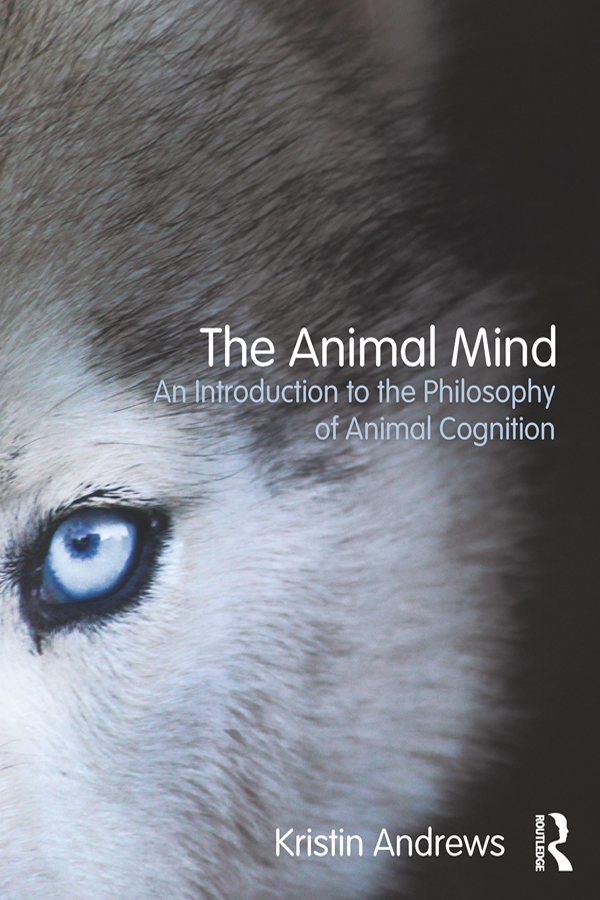

Most ebook files are in PDF format, so you can easily read them using various software such as Foxit Reader or directly on the Google Chrome browser.
Some ebook files are released by publishers in other formats such as .awz, .mobi, .epub, .fb2, etc. You may need to install specific software to read these formats on mobile/PC, such as Calibre.
Please read the tutorial at this link: https://ebookbell.com/faq
We offer FREE conversion to the popular formats you request; however, this may take some time. Therefore, right after payment, please email us, and we will try to provide the service as quickly as possible.
For some exceptional file formats or broken links (if any), please refrain from opening any disputes. Instead, email us first, and we will try to assist within a maximum of 6 hours.
EbookBell Team

4.8
44 reviewsThe study of animal cognition raises profound questions about the minds of animals and philosophy of mind itself. Aristotle argued that humans are the only animal to laugh, but in recent experiments rats have also been shown to laugh. In other experiments, dogs have been shown to respond appropriately to over two hundred words in human language. In this introduction to the philosophy of animal minds Kristin Andrews introduces and assesses the essential topics, problems and debates as they cut across animal cognition and philosophy of mind. She addresses the following key topics: what is cognition, and what is it to have a mind? What questions should we ask to determine whether behaviour has a cognitive basis? the science of animal minds explained: ethology, behaviourist psychology, and cognitive ethology rationality in animals animal consciousness: what does research into pain and the emotions reveal? What can empirical evidence about animal behaviour tell us about philosophical theories of consciousness? does animal cognition involve belief and concepts; do animals have a ‘Language of Thought’? animal communication other minds: do animals attribute ‘mindedness’ to other creatures? moral reasoning and ethical behaviour in animals animal cognition and memory. Extensive use of empirical examples and case studies is made throughout the book. These include Cheney and Seyfarth’s ververt monkey research, Thorndike’s cat puzzle boxes, Jensen’s research into humans and chimpanzees and the ultimatum game, Pankseep and Burgdorf’s research on rat laughter, and Clayton and Emery’s research on memory in scrub-jays. Additional features such as chapter summaries, annotated further reading and a glossary make this an indispensable introduction to those teaching philosophy of mind, animal cognition. It will also be an excellent resource for those in fields such as ethology, biology and psychology.